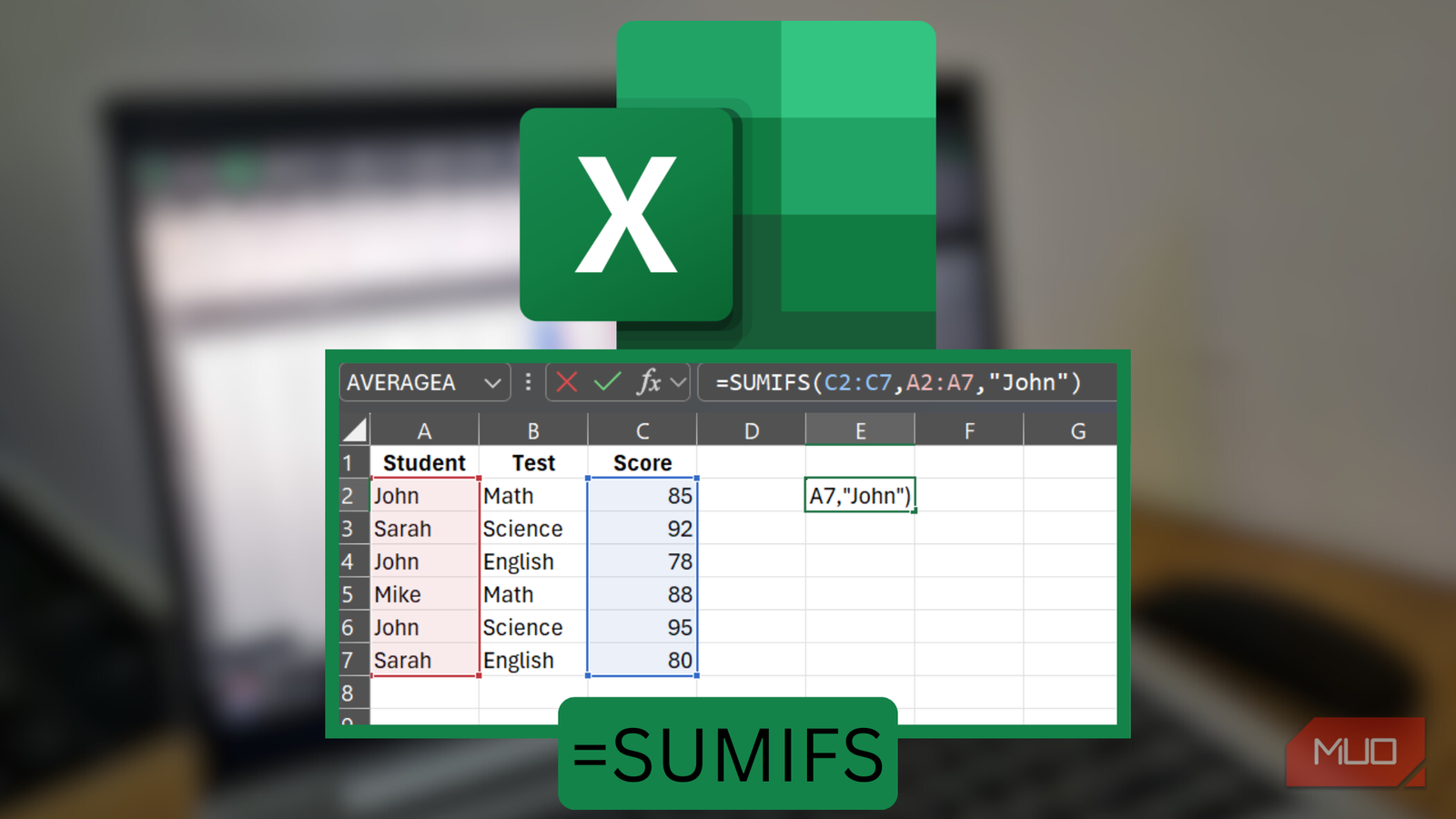“Autonomous AI agent” is a term that awakens righteous fear in nearly any advanced internet user these days. Still, if you ask someone what that means, what are the chances you’d get a correct answer? What makes an agent different from a non-agent? That’s what we’re going to talk about. But let’s start with a simple example and discover why Autonomous AI Agents give start to a massive new span of informational revolution.
AI Agent – What is it?
Imagine waking up on a sunny day. You’re in a good mood and you feel like making an omelet. What’s the plan? Grab a couple of eggs, break them, and add some milk to the bowl. The next task is to mix it all so you grab a fork and do the work. One rotation, two, three, it takes one or two minutes.
Now, let’s imagine your spouse reminds you about a brand new mixer you just bought. And then the miracle happens – instead of wasting two minutes, you can now mix the eggs in mere seconds. And even the omelet tastes better.
There’s another way: you come to a Michelin restaurant, where a famous chef makes you not just an omelet, but an artistic masterpiece out of eggs and milk. That has to be incredibly tasty.
But enough about omelets, there has to be a meaning to it all, right? The first scenario had you cooking manually. This is the method we’ve been using forever. The second method is semi-manual, while you are still essentially doing it yourself. Both methods illustrate manual work with additional instruments. Yet the third method shows what an AI Agent is. It’s a system that takes on the responsibility of fulfilling the task. You don’t have to be directly involved in the process, and this is what we view as the futuristic approach.
Today, we mostly can delegate work to humans. Even though there are relatively successful examples of self-piloting taxi cabs (Waymo and Tesla), they aren’t yet common. A digital assistant that can pick a route, get the tickets, and arrange hotels seems to be something quite achievable and probably very soon. Yet this is exactly what an AI Agent is — an assistant that can cover a whole area of responsibilities. That’s also what it looks like when AI is fully integrated into your day-to-day life.
Integrating agentic AI into business systems
Now, that we got through the definition of AI Agents, let’s answer the more pressing question: How are businesses integrating agentic AI into their systems, and what challenges are emerging?
The first issue that any AI agent developer faces today is the quality of the results that an AI delivers. Let’s be honest, for now the level is quite mediocre. It’s not great and a far cry from exceptional. Delegating truly important processes to AI is not an option just yet. However, routine tasks, especially those, whose quality isn’t relevant, AI can handle. You can ask an AI assistant to go through your email and sum up its contents, analyze news feeds, follow the prices of assets, etc. An AI agent is the best solution for these things.
The second issue a user faces is the price. One-time use can be low, maybe a 10th of a cent. But if you have 1000 tasks, you’ll require 1000 requests, and that would inflate the cost. Often, AI ends up being more expensive than an actual employee, which is why it’s important to always keep in mind the costs to avoid losses.
Integrating AI is also an issue. And this is the issue we would focus on a bit more, since this isn’t an obvious aspect. If we’re talking about a startup or a solo developer, integrating an AI instrument into work processes is a question of minutes or hours. But when it comes to huge corporations, one that has certain requirements for the quality of services, a security policy, and fault-tolerance, the whole issue becomes far more complicated.
Let’s take a look at an example. Within our company, we run social networks, and we do it actively, just like any other company that needs to stay present. We might not have the resources to maintain a whole department dedicated to this sole purpose. That’s why we delegate parts of the process to an AI agent. It creates short reels several times a day and posts them on our social media. In the meantime, we can focus on the rest of the content and our work. This allows us to have enough content — some of it is pretty common, some — exclusive. As a small company, we choose efficiency.
But let’s see how that would work on a bigger scale. We take a huge company with a brand book, a certain tone of voice that’s maintained in communications, and so on. It’s likely that quick AI videos won’t follow these guidelines, and teaching the agent to follow those, fine-tuning, would cost a pretty penny. That money can easily be given to actual content creators who will do the job. It’s a vicious circle, and the AI integration depends fully on the scale of the company, bureaucracy, as well as internal processes.
To sum it up, AI agents, as an entity that can handle not just small tasks but whole processes, are definitely the future. They are efficient, available 24/7, make fewer errors than humans, know a lot, and learn fast. This will be one of the most influential trends in our modern history.
Are we ready to integrate AI everywhere and into everything? Not yet. But if there is a perfect time to prepare your company for this future, it is now. The brave new world is close.











